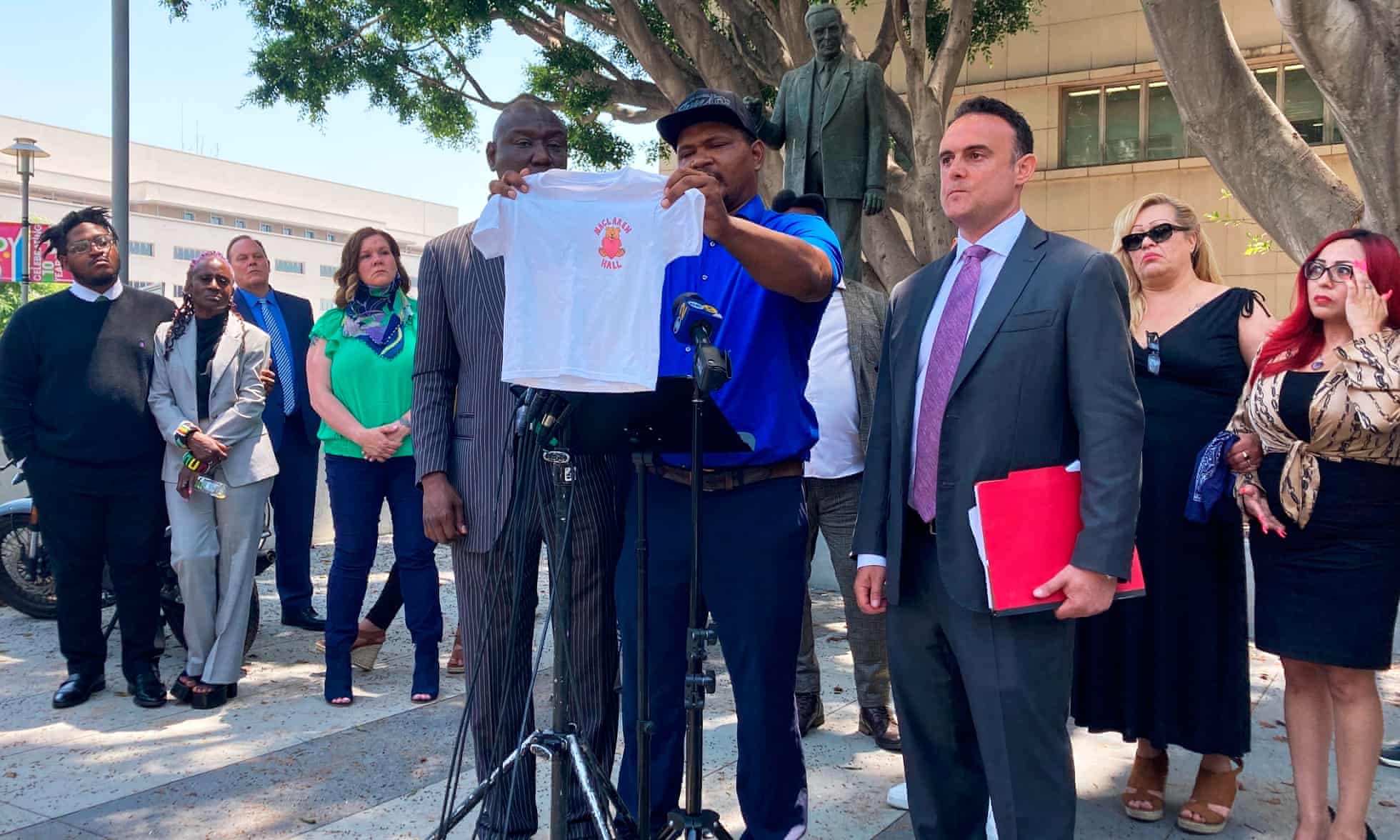Nov. 25 marks the 65th anniversary of the inception of the infamous Hollywood Blacklist, when studio chiefs and the head of the Motion Picture Association of America gathered at the Waldorf-Astoria hotel in New York and decreed an employment ban on the 10 members of the film industry who'd chosen not to cooperate with the House Committee on Un-American Activities, which had launched an investigation into the supposed communist infiltration of the business.
These days, when the phrase "black list" isn't mistaken (especially among younger members of the industry) for Franklin Leonard's highly anticipated annual survey of best unproduced screenplays, it's reduced to catchall history-class terms like "the Red Scare" and "McCarthyism." But it's alive in vivid detail among the dwindling number of surviving victims of the period.
THR's own role in fomenting the Blacklist has long been overlooked: obscured by scholars and, out of shame, for decades never properly addressed in this publication's pages. Wilkerson's key advocacy is at most a footnote in the definitive book-length histories of the period, yet his unsparing campaign, launched early on and from the heart of the movie colony -- the front page of one of its two daily trade papers -- was crucial to what followed. There eventually might have been a Hollywood Blacklist without Wilkerson, but in all likelihood, it wouldn't have looked quite the same, or materialized quite when it did, without his indomitable support.
For this story, most of the living blacklisted Hollywood players involved in the industry's tragic entanglement with this strain of fanaticism were interviewed and photographed. A few could not be reached for comment or declined to participate, perhaps because recollecting the period is too painful. For those who shared their stories, there was relief that THR is now recognizing its role in something so shameful. Says blacklisted actress Marsha Hunt, "It means doing what I knew to be right is no longer lonely."
The Blacklist era is perhaps Hollywood's darkest chapter. Screenwriters, actors, directors, composers and others were, based on their alleged political beliefs, systematically rooted out and denied work. The lists -- there were several, including an informal tally known as the Graylist -- included both real and imagined communists. Careers were ended. Families fled the country. Lives were irrevocably changed.





 Ukraine's President Volodymyr Zelenskiy confirmed for the first time on Monday that Ukrainian troops have been...
Ukraine's President Volodymyr Zelenskiy confirmed for the first time on Monday that Ukrainian troops have been... Los Angeles county has reached a $4bn agreement to settle nearly 7,000 claims of sexual abuse...
Los Angeles county has reached a $4bn agreement to settle nearly 7,000 claims of sexual abuse...






























